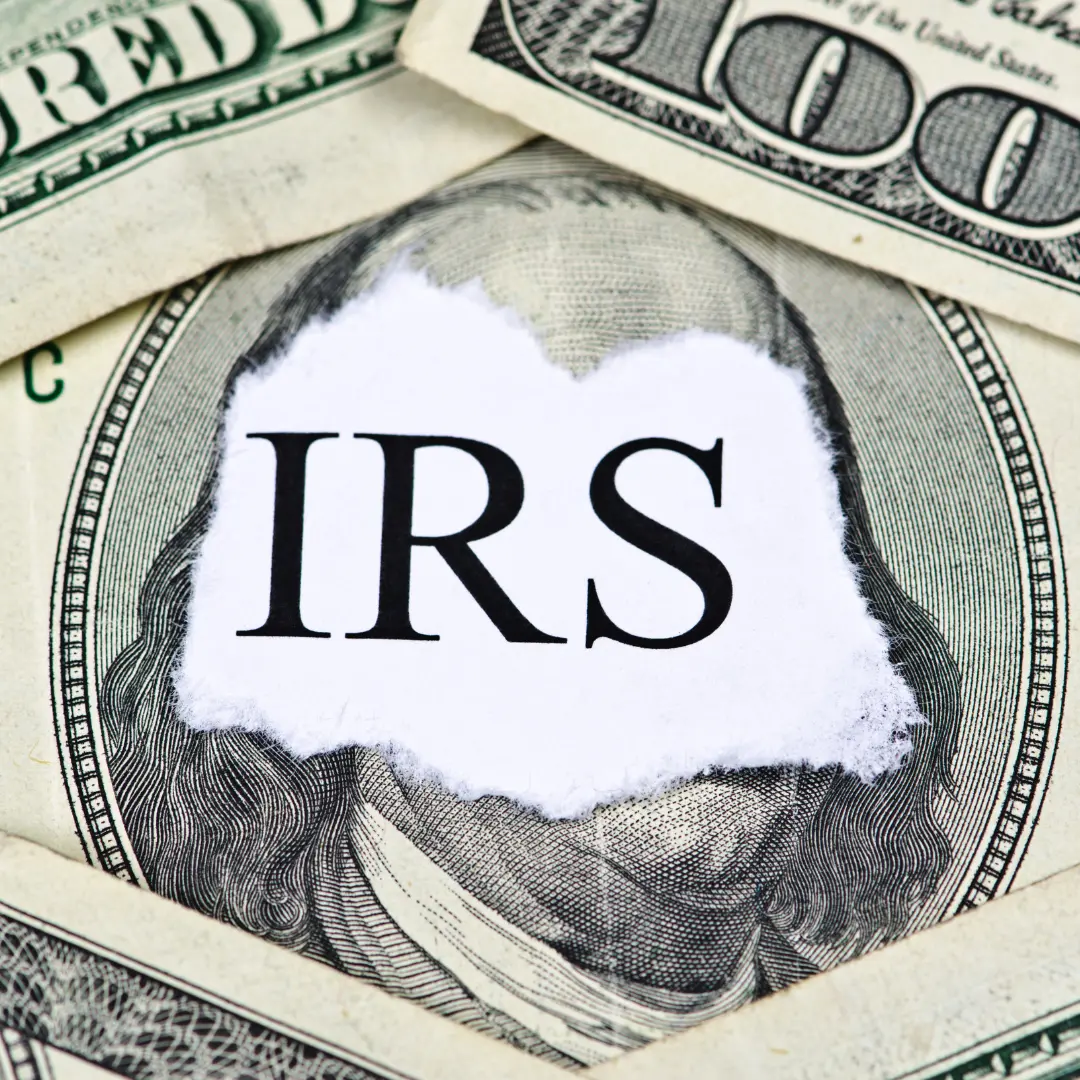Common IRS Tax Penalties On Small Business Owners

Operating a small business can be just as complex as running a large corporation; it can also come with similar tax complications.Six of the most common small business tax penaltiesare:
1. Penalty for underpayment of estimated taxes
The IRS will charge a penalty if you do not pay at least 90% of your current year’s tax bill. The IRS is picky with how they would like these payments to be made. They prefer equal installments and still may charge a penalty if less is paid early and more is paid later. You will not be penalized if you pay at least 100% (110% if you make over $150K) of your prior year’s tax bill in equal quarterly installments.
2. Failure to file penalty/late filing penalty
You will be charged with this penalty if taxes are owed, and they are not filed at the due date. You could face a 5% monthly penalty with a maximum of 25%.
3. Failure to pay the penalty/late payment penalty
You will be penalized .5% monthly on the outstanding tax balance if you fail to pay. If you enter aninstallment agreementto pay back the taxes owed, this penalty can be reduced to .25% a month.
4. Accuracy related penalty
You can be charged a 20% penalty if the IRS finds that you made errors on your tax return due to negligence or a substantial understatement of the taxes owed. This penalty can only be charged after an audit in which you cannot prove tax deductions taken or you failed to report all income.
5. Tax fraud penalty
You do not want to get charged with this penalty. You will be charged with a 75% penalty if the IRS can prove that you under-reported your income or filed with the intent to be fraudulent. This penalty can be avoided by trying to file your taxes as accurately and honestly as possible.
6. Trust Fund Recovery Penalty (TFRP)
A business must withhold and pay trust fund taxes if there are employees. These taxes include income tax, FICA, and the FederalUnemploymenttax. A small company with employees must withhold the former two from each employee’s paycheck and send it to the IRS monthly.





Free Consultation 24/7
Chad Silver
Attorney

Silver Tax Group Locations


777 South Flagler Drive
Suite 800 – West Tower
West Palm Beach FL 33401

4005 Guadalupe St
Suite C
Austin, TX 78751


